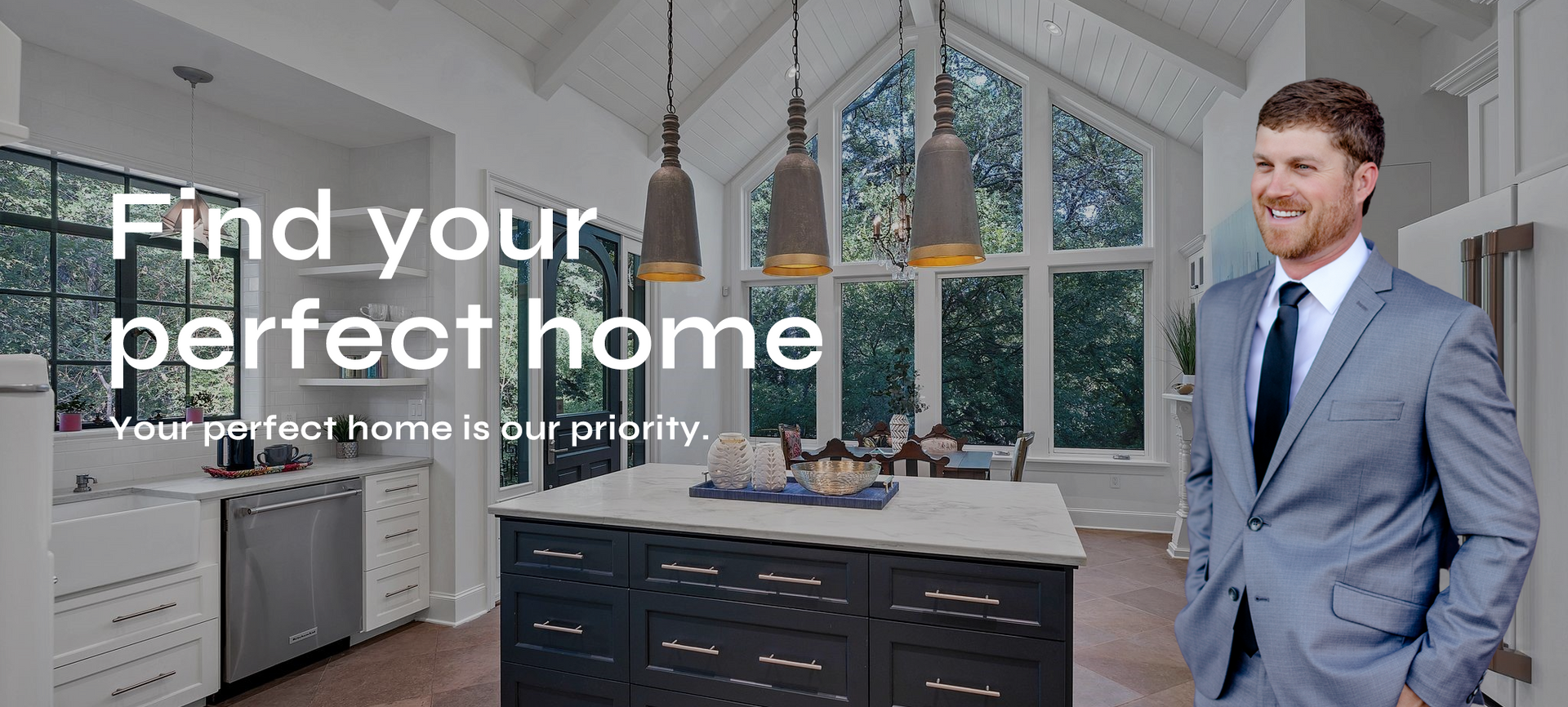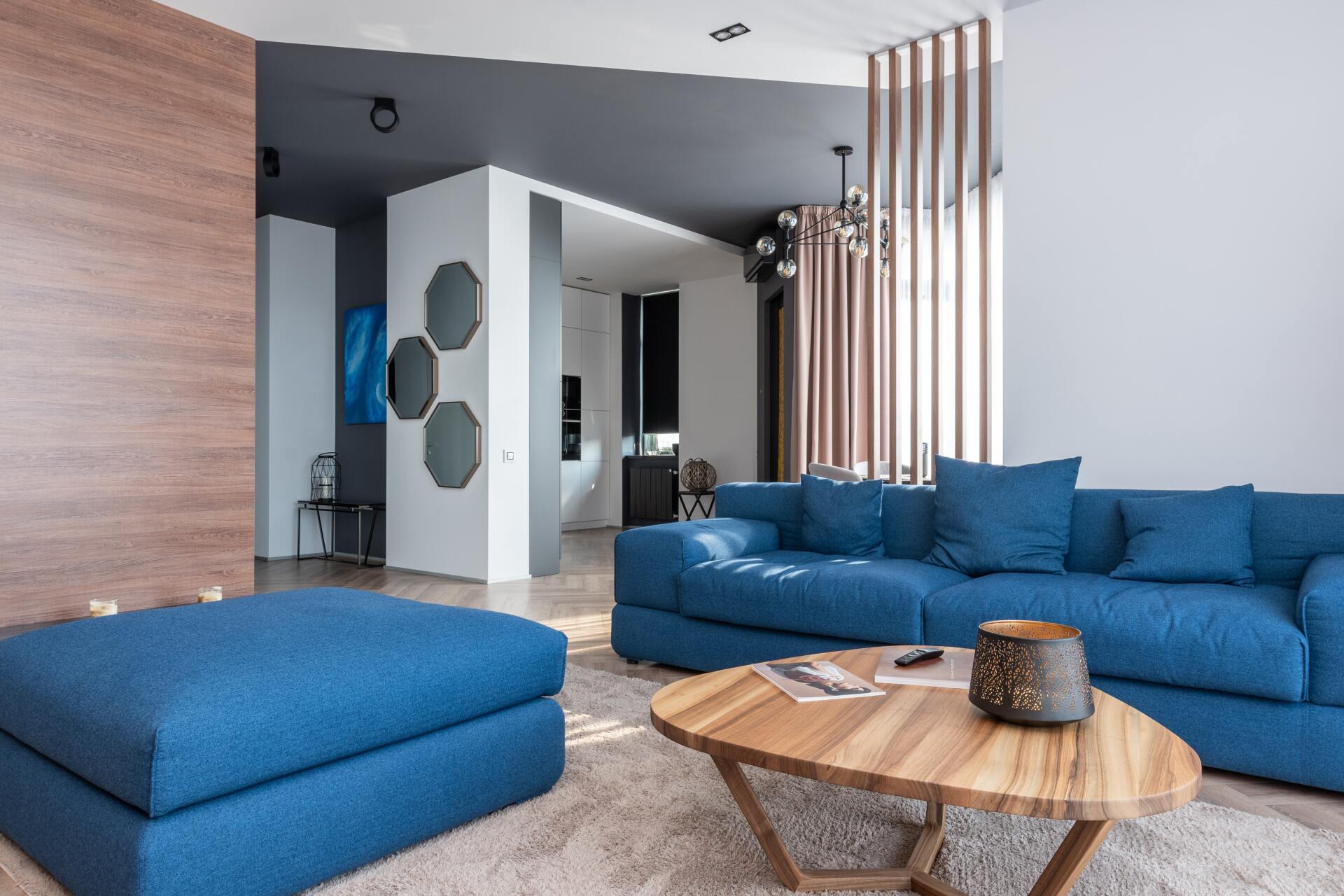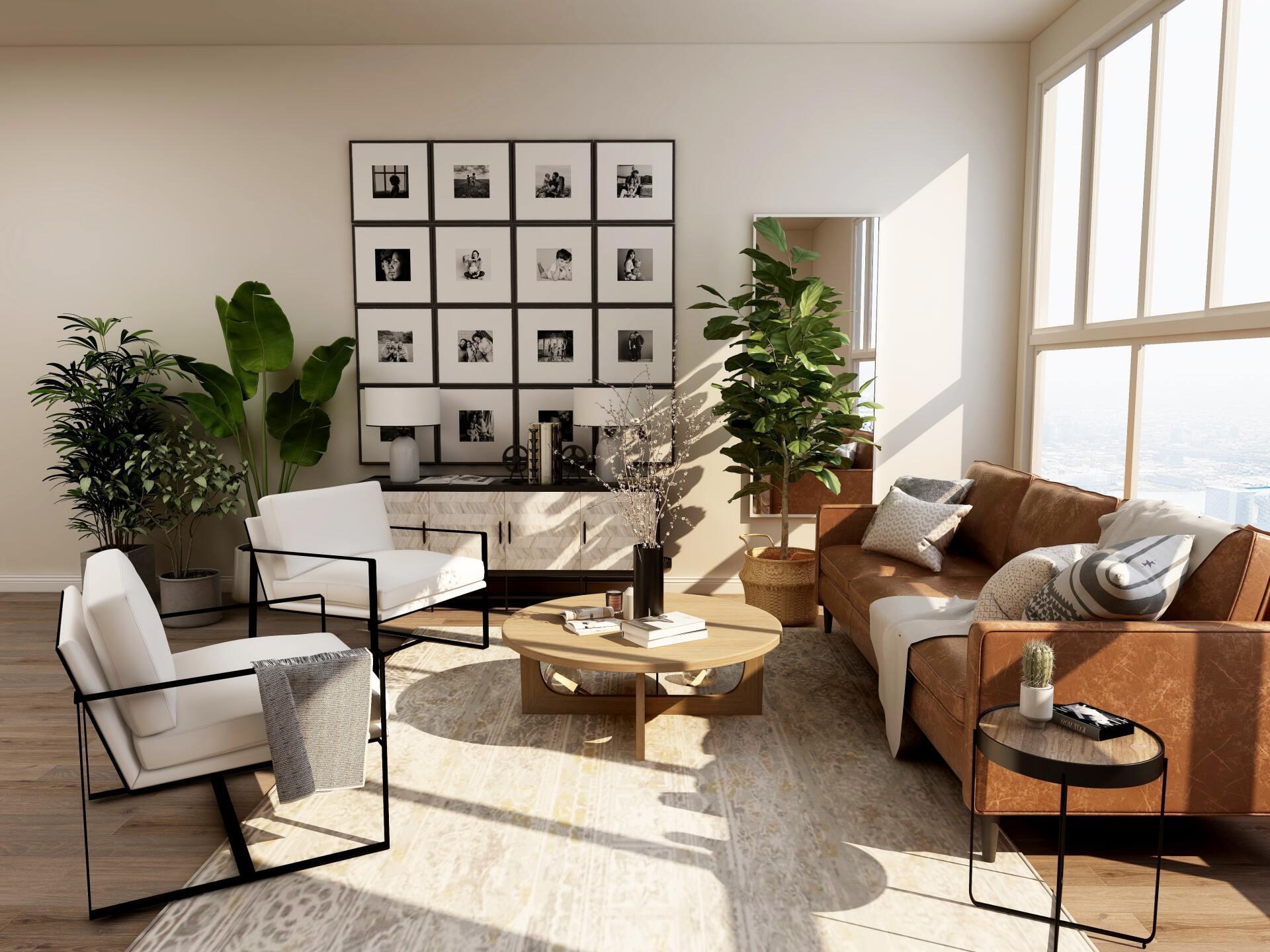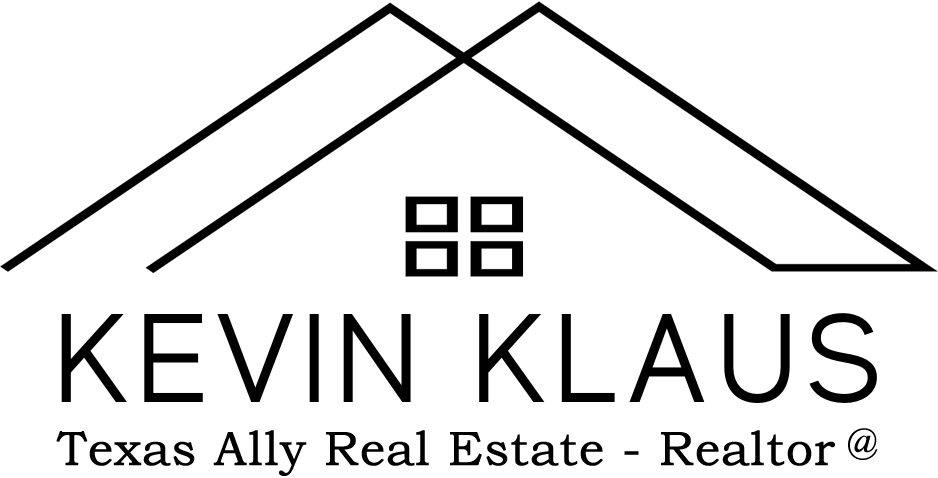By Kevin Klaus
•
28 Mar, 2022
How to Buy a Home That Meets Your Needs: The Must-Have Features Buyers Look For Buying a home is a big decision and can be a stressful process - there are so many things to consider! You want to make sure that the home you choose meets all your needs and wants. But what do you need to look for when buying a home? What are the must-have features that buyers should keep in mind? With this guide, you’ll learn all the key features to consider when searching for a home. From the right location, to the right size, to the right amenities and features, you’ll be able to find the perfect home that meets your needs. With careful planning and research, you can make sure that the house you buy is everything you had hoped it would be! Location: How to Find the Right Place For You Where you choose to buy a home has a major effect on your lifestyle and future. You need to think about the neighbourhood, commute, schools, and all the other factors that go into a home's location. The first step is to figure out what area you're interested in. Do you want to be close to work, near friends and family, or in a certain neighbourhood? Once you have an idea of a general area, you can start looking at homes in that area. Research the neighbourhood you're interested in. Look at the crime rate, the quality of schools, the walkability of the area, and any other factors that are important to you. Make sure the neighbourhood is a good fit for your lifestyle. You should also look at the local housing market. Look at the types of homes available, the prices, and the trends in the area. This will help you have realistic expectations of what you'll find and how much you'll pay. When you're looking at homes, you should also consider the commute. How long will it take to get to work, school, or any other places you frequent? You should also consider the transportation options in the area. Is there public transportation or are you reliant on a car? Having easy access to transportation will make your life much easier. Finally, you should consider the long-term prospects of the area. Is the area growing or stagnant? Are there plans for new developments or roads? Will the area be a desirable place to live in the future? Doing your research and making sure the location is right for you is an essential part of buying a home. Size: What Size Home Is Right For You When it comes to buying a home, size matters. You want to make sure the home is big enough for your needs but not too big that it's too expensive or hard to maintain. You should consider the size of the home in relation to the size of your family and the amount of space you need. Start by looking at the floor plan. How many bedrooms and bathrooms does the home have? What about living space? Is there enough space for everyone to live comfortably? You should also consider the layout of the home. Is it open or closed off? Do you like the flow of the home? Consider how you want to use the space and make sure it meets your needs. The size of the lot is also important. If you have a large family or want to do a lot of entertaining, you'll want a large lot. Make sure there's enough room for a garden, a patio, or whatever other features you're looking for. You should also consider the size of the yard and think about the amount of time it will take to maintain. Finally, think about the future. Do you plan on having more children or aging parents move in? Do you plan on expanding the home in the future? You should plan for the future and make sure your home has the potential to grow with you, if necessary. Amenities: What Amenities Should You Look For? When it comes to amenities, there are a few key things to look for. The first is the age of the home. Older homes may have some charming features but they may also have outdated systems and appliances. You should also look at the condition of the appliances, fixtures, and other features. Are they in good condition or will you need to replace them? You should also look at the type of heating, cooling, and other systems in the home. Are they efficient and up-to-date? Is there a central air system or a window unit? You should also consider the age of the roof, windows, and other features. Are they in need of repair or replacement? Finally, consider the type of features the home has. Does it have a pool, a hot tub, or other outdoor amenities? What about indoor features such as a fireplace, built-in shelving, or other amenities? You should also look at the type of countertops, flooring, and other features. Are they in good condition or will they need to be replaced? Features: Must-Have Features to Consider When it comes to features, there are a few must-haves that you should look for. The first is energy efficiency. Look for homes with efficient windows, insulation, and other features that will help you save on your energy bills. You should also consider the type of appliances in the home. Are they energy efficient or outdated? Safety is also an important feature to consider. Are there smoke detectors, carbon monoxide detectors, and other safety features? Are the windows and doors secure? You should also look into the type of security system the home has. Another feature to consider is storage space. Is there enough room for all of your belongings? Are there closets and other storage spaces? You should also consider the number of bathrooms and the type of fixtures they have. Are they up-to-date or outdated? Finally, consider the type of landscaping and outdoor features. Does the home have a yard, garden, or other outdoor spaces? Are there trees or other landscaping features? Consider how you want to use the outdoor spaces and make sure the home meets your needs. Budget: How to Stay Within Your Budget When it comes to buying a home, you need to make sure you stay within your budget. You should make sure you have a budget in mind and stick to it. You should also make sure you factor in all the costs associated with buying a home. This includes closing costs, inspection costs, and other fees. When you're looking at homes, you should also consider the cost of necessary repairs and improvements. Are there any repairs that need to be done before you move in? Are there any improvements you want to make? Make sure you factor in these costs and make sure they fit within your budget. Finally, consider your mortgage. You should make sure you get pre-approved for a loan and know how much you can afford to spend. You should also look at the different types of loans available and make sure you get the best deal. Make sure you shop around for the best interest rate and terms. Negotiating: Tips for Negotiating the Best Deal When it comes to buying a home, you should always be prepared to negotiate. You should make sure you have done your research and know the market value of the home. You should also have a realistic idea of what you can afford and be willing to walk away if the terms aren't right. When negotiating, you should be firm but fair. Don't make offers that are too low and don't be afraid to walk away if the seller isn't willing to negotiate. You should also be prepared to make a counteroffer if necessary. Make sure you don't get too emotionally attached to the home and be willing to look at other homes if the seller isn't willing to make a deal. You should also consider the type of closing costs and other fees the seller is willing to pay. Many sellers are willing to pay some of the closing costs or other fees, so you should be willing to negotiate in order to get the best deal possible. Home Inspections: What to Look For Before you buy a home, you should always get a home inspection. A home inspection will tell you if there are any issues with the home that need to be fixed. It's important to get a professional home inspector to look at the home and make sure it is in good condition. When looking at a home inspection report, you should look for any major issues. Are there any major problems with the foundation, roof, plumbing, or electrical systems? Are there any signs of water damage or other issues? Make sure you ask the inspector about any issues and make sure they are fixed before you buy the home. You should also look for any minor issues that can be easily fixed. Are there any cracks in the walls or floors? Are there any signs of pests or other issues? Make sure you ask the inspector about any minor issues and make sure they are addressed. Homeowners Insurance: What Type of Coverage Do You Need? When you buy a home, you should also get homeowners insurance. Homeowners insurance will protect you in case of natural disasters, theft, and other situations. You should make sure you get the right type of coverage for your needs. Start by looking at the type of coverage you need. Do you need basic coverage or more comprehensive coverage? You should also look at the deductible and make sure it is suitable for your needs. Make sure you get quotes from different companies and compare the coverage and prices. You should also consider any additional coverage you may need. Do you need flood insurance? What about earthquake insurance? You should also consider any special features of the home, such as a pool or hot tub, and make sure you get the right coverage for those features. Closing: What to Expect at Closing Closing is the final step in the home buying process. Before closing, you should make sure you have all the paperwork and documents you need. You should also make sure you have done a final walk-through of the home to make sure there are no issues. At closing, you will sign all the paperwork and pay any closing costs or other fees. You will also get the keys to the home and be given the title to the property. Once everything is signed and the closing is complete, you will be the new owner of the home. Conclusion Buying a home is a big decision and there are a lot of things to consider. You need to make sure the location is right, the size is suitable for your needs, and the home has the features and amenities you want. You also need to make sure you stay within your budget, negotiate the best deal, and get the right homeowners insurance. With careful planning and research, you can make sure that the house you buy is everything you had hoped it would be!












